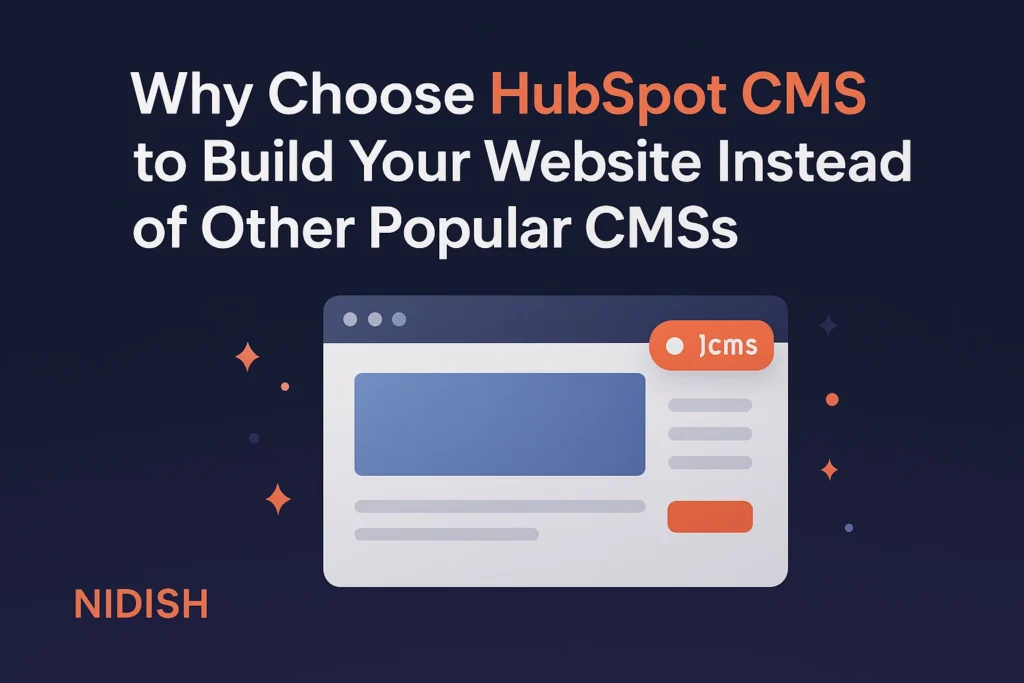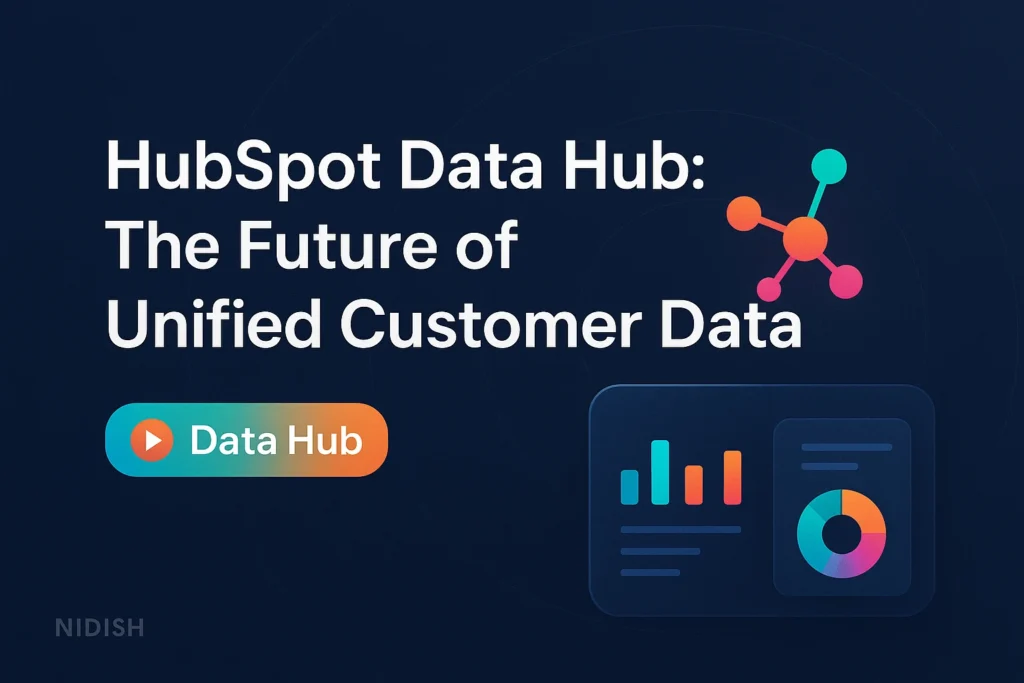HubSpot Content Hub is a comprehensive platform designed to streamline the process of building and managing websites. Known for its user-friendly interface, it allows individuals without extensive technical knowledge to create and maintain professional websites. However, while the platform offers an impressive range of features, it might not be the ideal solution for every user or business.
Table of Contents
Exploring HubSpot Content Hub’s Key Capabilities
At its core, HubSpot Content Hub aims to simplify digital content management through a unified system. It includes everything from website development to CRM and analytics in one platform.
HubSpot Content Hub Key capabilities:
- A powerful content management system (CMS)
- Integrated marketing automation tools
- Customizable website templates
- Advanced analytics and reporting
- Built-in SEO recommendations
- A/B testing for optimization
- Multi-language support
- Strong built-in security
One standout feature is the integrated CRM, which allows businesses to track customer interactions and tailor marketing efforts accordingly. Combined with its SEO tools, these features work together to improve visibility and engagement online.
The Benefits of Building Your Website with HubSpot Content Hub
If you are planning to HubSpot website migration, building your website using HubSpot Content Hub can have several notable benefits, especially for growing businesses seeking a streamlined, scalable solution.
Here are some of the main advantages:
- All-in-One Ecosystem
HubSpot provides everything you need website builder, CMS, SEO tools, and marketing automation all in one place. This removes the hassle of managing multiple third-party tools. - Seamless CRM Integration
The platform connects directly to HubSpot’s CRM, enabling businesses to personalize their marketing based on user behavior and data. - Ease of Use
With professionally designed templates and a drag-and-drop editor, even non-technical users can create appealing websites quickly. - SEO-First Approach
HubSpot Content Hub includes real-time SEO suggestions that guide you as you write and optimize content, helping boost your search engine rankings.
Consistent User Experience
The unified interface ensures that marketing, sales, and service teams are all aligned, reducing friction and improving productivity.
Common Criticisms of HubSpot Content Hub
While HubSpot Content Hub offers robust tools and integrations, it’s not without its drawbacks. Some users have pointed out limitations that might affect their long-term satisfaction with the platform.
Common complaints include:
- High Cost:
The platform can be expensive, particularly for small businesses or startups. As your requirements increase, so does the price. - Complexity for Beginners:
The wealth of features can be overwhelming for new users, requiring time to fully understand and implement.
Limited Design Flexibility:
Although templates are customizable, the platform may not offer the same design freedom as open-source tools like WordPress.
Comparing HubSpot Content Hub to Other Website Builders
When evaluating HubSpot Content Hub, it helps to compare it to other popular platforms. Each website builder has its own strengths and weaknesses.
Here’s how HubSpot stacks up:
| Platform | Strengths | Weaknesses |
| HubSpot | All-in-one platform, CRM, SEO tools | Expensive, limited customization options |
| WordPress | Open-source, highly customizable | Requires plugins and third-party integrations |
| Wix | Affordable, beginner-friendly | Lacks deep CRM or marketing automation |
| Squarespace | Beautiful templates, easy to use | Limited flexibility for advanced features |
Summary:
While WordPress offers unmatched flexibility, it requires more manual setup. Wix and Squarespace are ideal for ease of use and design but fall short on marketing automation. HubSpot Content Hub excels in integration and automation but at a higher price point and with some design restrictions.
Real-World Experiences: Why Some Users Are Dissatisfied
User experiences with HubSpot Content Hub vary. Many appreciate its all-in-one capabilities, but several common pain points persist:
- Cost Concerns:
Especially for small businesses, the pricing model can be a barrier to long-term adoption. - Time Investment:
Mastering the platform’s full capabilities often requires a steep learning curve. - Customization Restrictions:
Some users feel constrained by the design limitations compared to platforms that offer deeper code-level access.
Vendor Lock-in:
Because HubSpot is an all-in-one solution, users can feel locked into its ecosystem, reducing flexibility in choosing third-party tools.
Is HubSpot Content Hub Right for You?
Choosing HubSpot Content Hub ultimately depends on your goals, resources, and technical comfort level. Below is a simple guide to help you decide:
HubSpot Content Hub may be a great fit if:
- You want an all-in-one marketing and website solution.
- You’re already using or planning to use HubSpot’s CRM and automation tools.
- Your team values built-in SEO tools and analytics.
Consider other platforms if:
- You have a limited budget.
- You do not need to optimize your website for modern sales & marketing.
You prefer your own server and host your website frontend and backend by yourself.
Conclusion
HubSpot Content Hub is a powerful platform that combines web development, content management, and marketing automation into one seamless experience. It’s ideal for businesses seeking an integrated solution with strong CRM and SEO features. It has a robust functionality to work with 3rd-party systems via API integration.
However, it’s not without its drawbacks. The cost, learning curve, and limitations in flexibility mean it won’t suit everyone, especially smaller businesses.
By weighing your business needs against the strengths and weaknesses discussed above, you can make an informed decision about whether HubSpot Content Hub is the right tool for your website.






 Blog
Blog Case Studies
Case Studies Career
Career